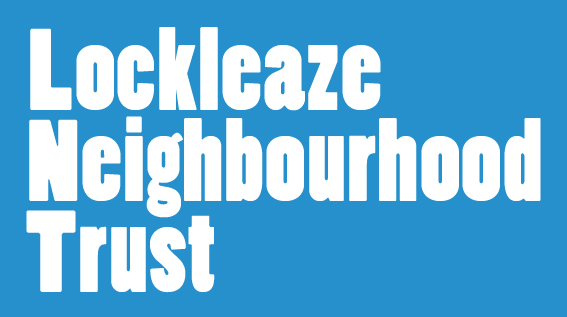Hedgehog Friendly Streets.
Sign up your street to be a hedgehog friendly street.
One of our residents has become our first hedgehog champion, and is helping us develop the first Hedgehog Friendly Street in Lockleaze - and you can join her and help Hedgehogs on your street too! She will be doing simple things like encouraging her neighbours to stop using slug pellets, and to create holes in their fences so her local hedgehogs can get into their gardens to forage.
Find out if you have hedgehogs near you by visiting the big hedgehog map, where you can also map your sightings!
Why do we need to help Hedgehogs?
Over recent decades the populations of these charismatic creatures (who are a vital part of the ecosystem and provide free pest control!) have greatly declined. However on a positive note, populations in urban environments have seen an increase. This is due to some people's efforts to help hedgehogs and also because hedgehogs in urban environments are free from the pressures of intensive agriculture, as well as predation (for example from badgers).
This means that urban environments are especially important for hedgehogs and residents can have a significant impact on helping hedgehogs by providing adequate foraging ground and nesting sites whilst also allowing access to these areas as part of a connected habitat.
Hedgehogs are omnivores, eating whatever they can get into their mouths, including slugs, millipedes, earthworms, beetles, caterpillars and other insects, as well as supplementary fruits and mushrooms (which means they’ll actually be protecting your garden from ‘pests’!). As long as they can access them, hedgehogs visit gardens as they can find a lot of their food there. You can make your garden more hedgehog-friendly by providing piles of dry wood and leaves, ensuring any ponds have shallow slopes or steps (hedgehogs struggle to climb) and checking they can travel between gardens.


